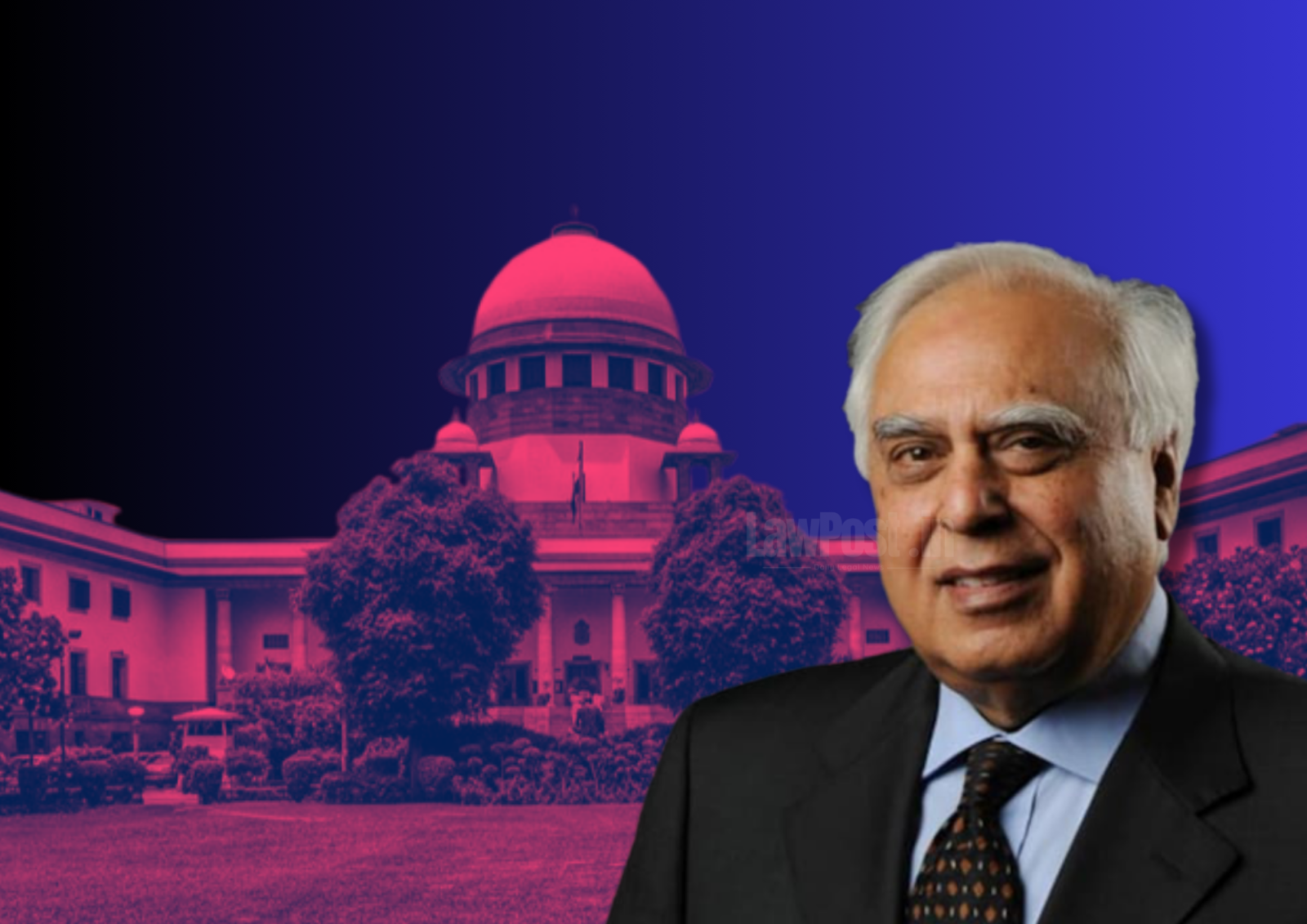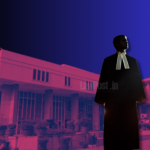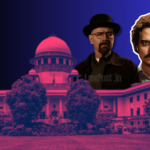In a significant judgment, the Supreme Court of India on Friday dismissed a plea seeking to bar members of the Bar Council of India (BCI) and State Bar Councils from having political affiliations or contesting elections under the influence of political parties. The Court emphasized that bar bodies are “intellectual organizations” where political ideologies do not undermine their functioning.
A Bench comprising Justices Surya Kant and Ujjal Bhuyan observed that political ideology among bar members is not inherently problematic. “The bar bodies are intellectual bodies. Their things won’t change just because the President or Chairman has an ideology. We are a country of firm faith in democracy. We cannot direct Parliament to enact a law or something,” the Court remarked.
The Court further highlighted the prominent roles played by senior advocates with political affiliations, pointing out that the current heads of the BCI and the Supreme Court Bar Association (SCBA), Senior Advocates Manan Kumar Mishra and Kapil Sibal, have political histories. “What is wrong if any member of the bar has any ideology? This would also include political ideology. You want to oust Mr. Sibal from president of SCBA? You want to oust Mr. Mishra from Chairman of Bar Council of India?” the Court questioned.
Petitioner’s Concerns and Court’s Response
The plea argued that, akin to restrictions placed on judicial officers, government employees, and armed forces personnel, members of bar councils should be barred from political affiliations to ensure the independence of bar bodies. It expressed concerns that such affiliations could compromise the impartiality of institutions that play a critical role in justice delivery.
However, the Bench was not persuaded. Responding to the petitioner’s concerns, the Court stated, “We are a democratic country where individuals are entitled to their ideologies. If you want to understand such dynamics, perhaps you should join a political party.”
The Court also clarified that it could not direct Parliament to legislate on such issues, leaving the petitioner with the liberty to seek remedies through other forums.








